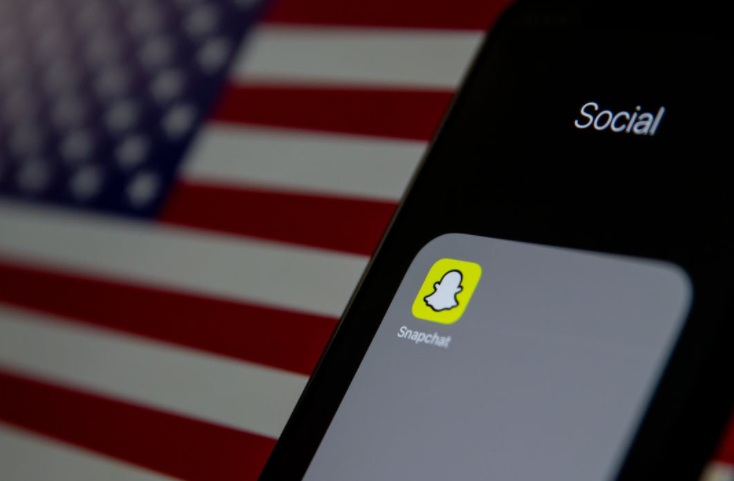
Both LMK and Yolo, two very popular Snapchat apps, are known for allowing users to easily send anonymous messages. However, they are no longer available on the social media platform after Snap, the app's parent company, just suspended them following a crucial incident.
Snapchat Suspends LMK and Yolo
The suspension reportedly comes in response to a lawsuit that was filed on Monday on behalf of a certain Kristen Bride, the mother of a certain teen from Oregon who took his own life back in 2020 after being bullied through LMK and Yolo for months. The suit alleges that both Yolo and LMK had violated consumer protection law by actually failing to live up to their policies and terms of service.
It was also stated that the anonymous messaging apps actually facilitate such bullying to a certain degree where they should be considered as dangerous products. Both of these were integrated along with the supposed Snapchat messaging platform called Snap Kit, the company's own suite of different tools for other third-party developers.
Snapchat, LMK, and Yolo
According to the story by LA Times, a certain Snap spokesperson gave a statement saying in light of the recent allegations that were raised by the given lawsuit as well as through the abundance of caution that they have for the Snapchat community, they have decided to suspend both LMK and Yoko's Snap Kit integrations while they launch an investigation. The lawsuit's purpose was to seek both LMK and Yolo to be immediately banned from Snap's popular platform.
This was along with a number of other apps that had lacked safeguards directly against cyberbullying. The plaintiffs, who now seek to represent all of Snapchat, LMK, and Yolo, which consist of 92 million users, are now also requesting damages for the particular alleged harms as well as misinterpretations.
Section 230 1996 Communications Decency Act
The case is reportedly part of a brand new wave of litigation that now hopes to hold certain social media companies accountable despite the said Section 230 of the official 1996 Communications Decency Act. This act reportedly holds that the online services are not liable for the actions of their own users.
It was stated that one potential way around the Section 230 protection is actually the argument that certain features are dangerous in its design itself and are essentially defective. The official United States 9th Circuit Court of Appeals reportedly appeared to endorse this particular theory when it decided to reverse a lower court's ruling to dismiss a certain case that also revolved around a Snapchat filter which measures the user's own speed then posts it.
Plaintiffs in the whole case argue that the particular filter actually encourages people to drive recklessly that then resulted in a fatal crash in 2017. Another strategy which could circumvent the Section 230 immunity would rely on consumer protection laws as well as the idea that tech companies themselves are violating their own terms of service as well as other promises that they make to consumers.
Related Article: Tinder Creator Expects This 2021 to be the 'Summer of Love,' Boosting Company Q2 Revenue to $680M-$690M
This article is owned by Tech Times
Written by Urian B.
ⓒ 2026 TECHTIMES.com All rights reserved. Do not reproduce without permission.




